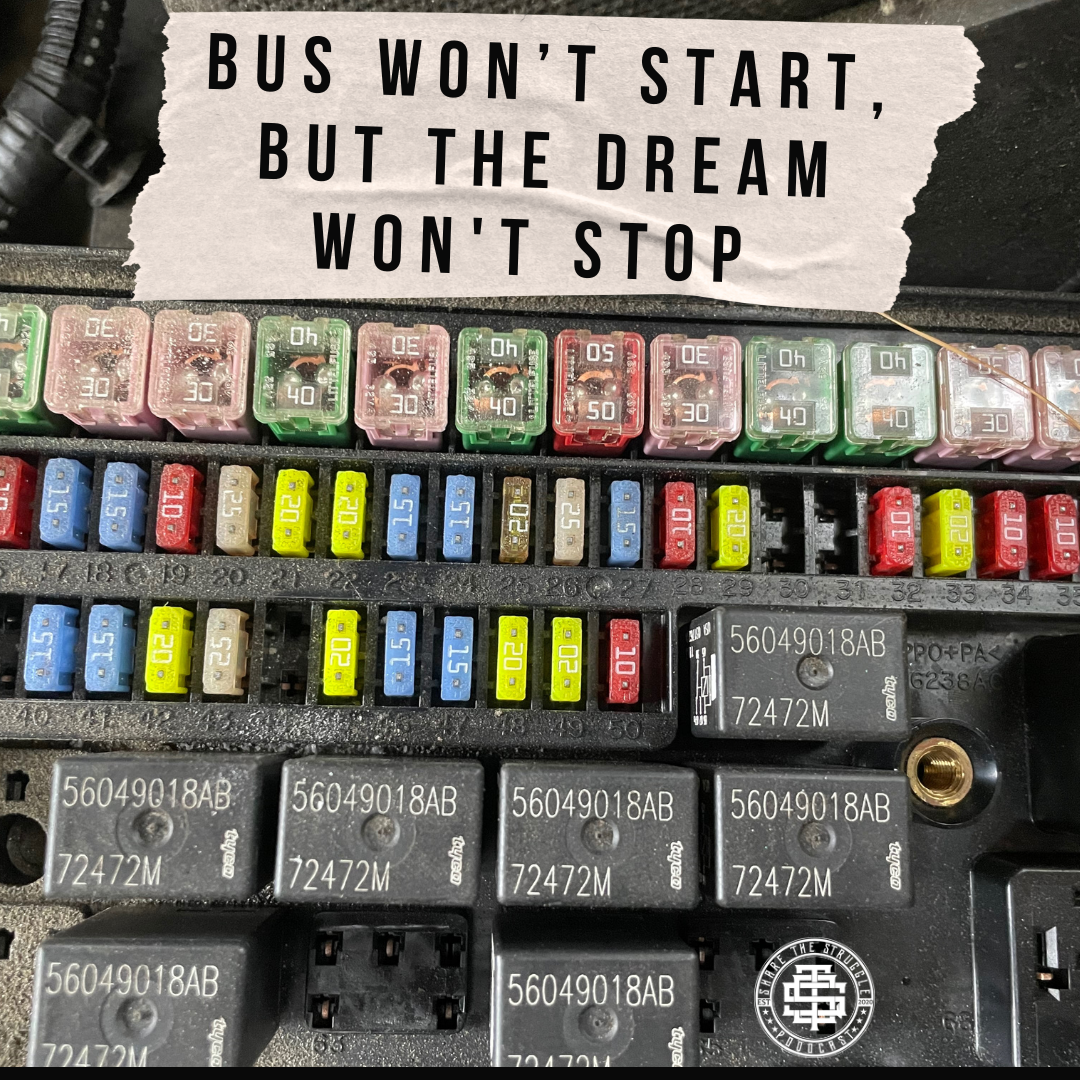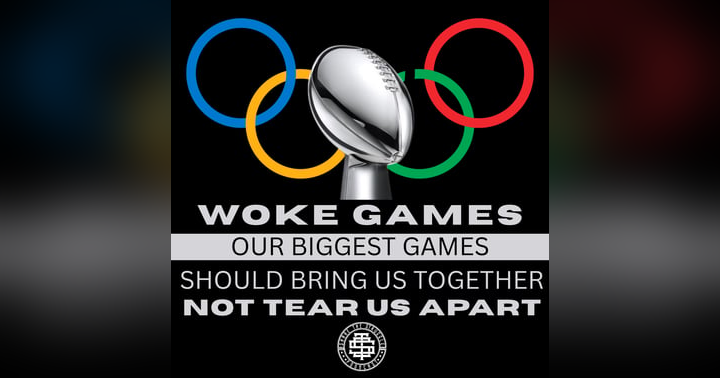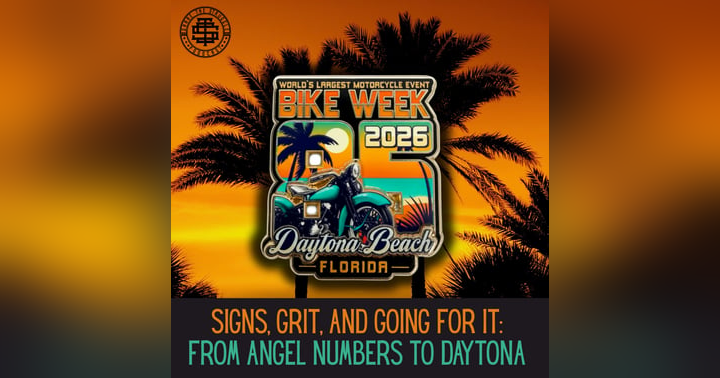Bus Won’t Start, But the Dream Won't Stop

The closer we move toward the life we imagine, the louder the resistance becomes. That’s the heart of this story: a small family business pushing into its biggest event of the year while everything mechanical, financial, and emotional seems set on pulling the plug. The week begins with a clear mission—scale up at the Fryeburg Fair, triple the booth footprint, and deliver the best on-site experience ever—and it quickly turns into a gauntlet of tests. Inventory gaps, cost overruns, and a season of mechanical failures collide with a hard deadline and a public promise to show up. The choice is simple but heavy: go through it or grow through it. That choice anchors the episode’s message about perseverance, faith, and the compounding power of community. When you’re down to your last solutions—and your last credit line—only clarity and conviction can carry you the final mile.
Scaling the booth from 20 feet to 30 feet sounds like a straightforward upgrade, but operationally it’s an order-of-magnitude shift. Rent triples. Infrastructure doubles. Fixtures, grid walls, additional tents, canopy tops, lighting, and displays add up fast. A $4,500 tent investment joins camping fees, fuel, and freight. Then comes the real squeeze: filling those racks. In a year when sales cycles fluctuate and new markets underperform, cash flow becomes a stubborn gatekeeper. You dig for creativity—equity lines, credit lines, small loans, and personal sacrifices—because the brand’s presence at Fryeburg isn’t optional; it’s existential. This is how small business actually feels: every decision is a bet, every bet has carry costs, and momentum must outrun breakdowns—both literal and figurative.
The breakdowns arrive anyway. The farm truck dies. A Yukon steps in, then needs motor mounts, airbags, brakes, and rotors to haul a camper safely. The bus—your mobile backbone—loses gears, loses brakes, then loses power at a gas station on the week you need it most. You troubleshoot for hours in public, accept help from strangers and family, tow a bus home with a strap, and open the floor to replace a fuel pump in a downpour. You trace grounds, harnesses, switches, and batteries while the clock sprints. Each fix suggests a new failure, each theory leads to another test, and each delay presses inventory and build time into a corner. Meanwhile, life keeps life-ing: your mom breaks ribs and can’t help with childcare, your partner juggles work-from-home, and you’re stealing hours at dawn and after midnight to print, pack, and plan.
This is where small business resilience becomes a team sport. Friends pause their work to wrench under the bus in the rain. Family shows up with trucks, tools, and time. People offer trailers, solutions, and prayer. When the bus still won’t cooperate, you rent a box truck with almost no room left on the last credit card—$15 to spare—and start hauling. Camper lights refuse to work; you fix them in the dark. A friend steps in to tow. Another brings extra hands to build the booth. You cut a three-day setup into one frantic day and prepare to sell with fatigue in your bones and grit in your voice. This is what it means to be customer-ready when your gear isn’t: show up anyway, smile anyway, and trust that showing up is the strategy.
The payoff is swift and unmistakable. Opening day lands as the second biggest day in the company’s history. The booth is humming, the carts keep rolling, and restocks outpace posts or announcements. Inventory sells so fast you can’t film it. The irony is delicious: you planned meticulously for promotion, but execution wins the day. When customers sense your commitment, they reciprocate with purchases, encouragement, and urgency. People stop by to say they’re proud you made it. They’ve followed the struggle online and now invest in the outcome, one shirt and one hat at a time. This is marketing at its most human: authenticity creates alignment, and alignment converts.
Underneath the commercial high is a spiritual throughline. When you declare faith publicly—especially in a moment of visible strain—you invite tests. The episode leans into that reality. Prayer becomes a pivot: not a retreat from effort, but a transfer of what you cannot carry alone. You say it on camera at your lowest: give it to God. The response is immediate and humbling—messages, offers, solutions, and hands extended. Faith, expressed honestly, becomes a signal that gathers your people. The lesson isn’t transactional; it’s transformational. Perseverance is forged by trial, matured by patience, and rewarded on the far side of discipline. That’s more than a verse—it’s the week’s lived experience.
There’s a practical blueprint here for any builder. First, embrace constraint as a creative asset: fewer hours sharpen priorities, and limited credit forces spend where it matters most—inventory that moves and infrastructure that earns. Second, ask early and specifically for help; people want to contribute, but most don’t know how until you







